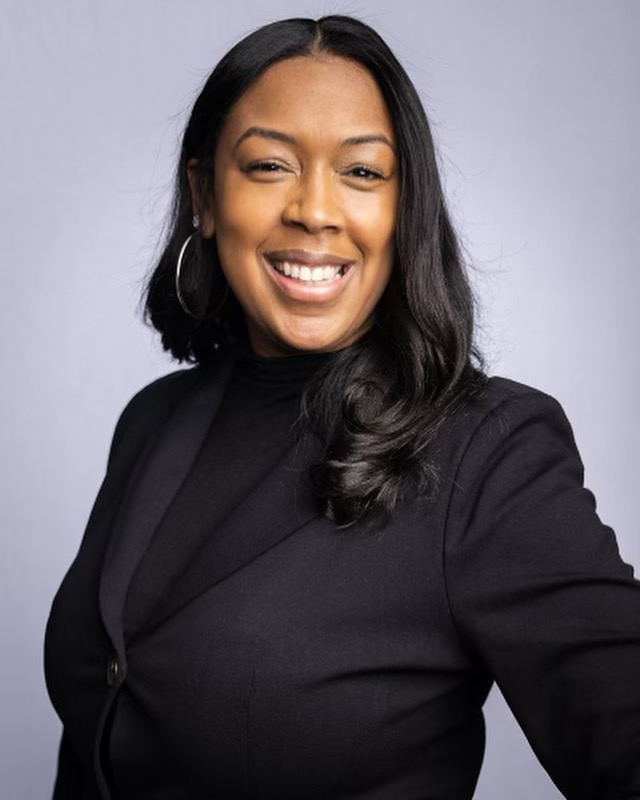BIPOC Mental Health Awareness Month: How to Navigate Stigma
- Maria Diaz

- Jul 5, 2024
- 3 min read

Mental health awareness is crucial for everyone, but for Black, Indigenous, and People of Color (BIPOC), it often comes with its own unique challenges. BIPOC Mental Health Awareness Month shines a light on these challenges and encourages discussion regarding how stigma regarding mental health still affects these communities.
Here are some helpful tips for navigating this stigma and promoting emotional well-being.
Challenges and Barriers to Mental Health
When we start to factor in the unique challenges the BIPOC community faces, it further complicates the idea of mental health and strengthens this stigma. Disparities of care, due to socioeconomic status and geographical location, create barriers to care. BIPOC are less likely to have access to the same level of care, whether it’s lack of insurance or limited access to the appropriate providers. It’s also more common for there to be financial struggles that don’t allow for the pursuit of proper care.
Historically, the BIPOC community has experienced prejudice on some level in the healthcare system. The typical patient that research has been built around is the average white male. Additionally, whether consciously or unconsciously, many providers let their biases dictate their treatment methods.
Just as the medical system wasn’t built around BIPOC, it’s important to note that different cultures and communities will experience their mental health symptoms differently. This variation can make it easier for misdiagnosis to occur.
Navigating the Stigma
When we acknowledge that this stigma runs deeper in the BIPOC communities, we can open ourselves up to learning and aiding in breaking down these walls.
Struggle is Not a Sign of Weakness
A friendly reminder for anyone: just because you may be struggling with a mental health issue, it does not mean you are weak or broken. No matter what anyone else has gone through or overcome, your own personal situation is no less important or challenging.
Over the decades, our ancestors and communities have fought against this stigma, barriers, and injustices. The challenges we face today are not invalid or any less deserving of care and attention. There’s no shame in needing help to sort it all out and find a healing path.
The Current Narrative is Changing
In the last decade, there has been growing mental health awareness. Influential people are shedding light on what is becoming its own epidemic, which has grabbed some public attention. Michelle Obama, Dwayne Johnson, Naomi Osaka, and Beyonce are just a handful of those who have spoken out. As more of these people open up about their own struggles, it helps break down the stigma and spark further discussion.
Explore a POC Therapist
As the needs for our communities have grown and gained more awareness, more BIPOC practitioners are becoming licensed in various fields, including therapy. Additionally, with the advancement of telehealth services and community outreach, finding a BIPOC therapist is becoming more accessible.
Tips for Overcoming the Stigma
In the journey of navigating this complex world, here are some tips we can all use to cope with stress.
Take Care of Yourself
Be sure your basic needs are being well-managed. In times of stress, this easily gets pushed aside. Maintain a well-balanced diet. Drink plenty of water to stay hydrated. Prioritize your sleep each night to promote mental calmness.
Find a Support System
If you’re feeling overwhelmed and teetering on the edge of “not okay,” don’t isolate yourself. We are meant to be social beings, so tackling the struggles alone can only make symptoms worse. Being vocal can not only help you get the support you need but also help break down the stigma.
Seek Treatment
Mental health professionals are here to help. Contact us today if and when you’re ready to start breaking through your barriers. We’re here to help you on your journey.
___________________________________________________________________________





